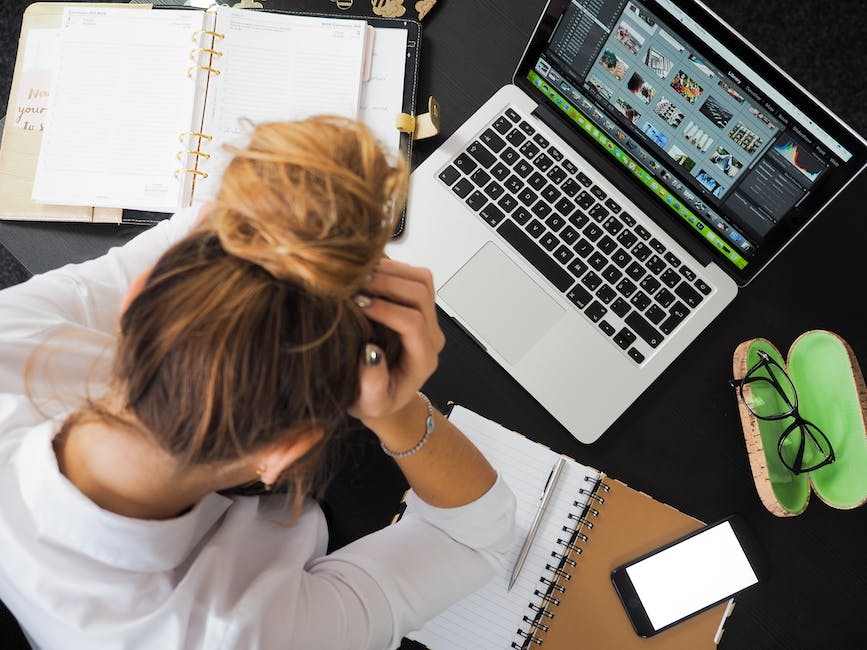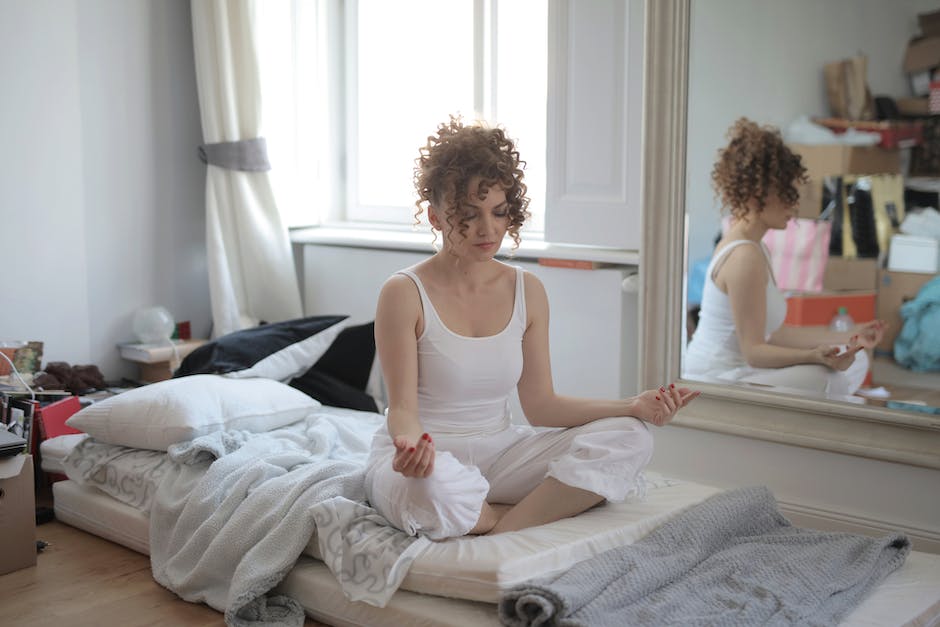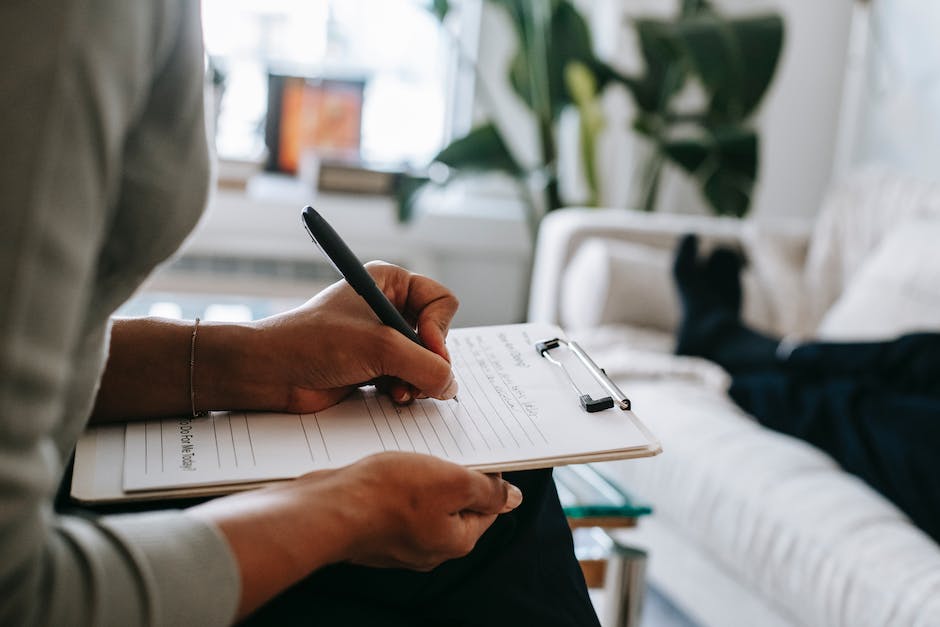Anxiety, a juggernaut in the realm of mental health, can wield an undue influence over an individual’s life. It encompasses feelings of unrest, uneasiness, and heightened worry, and when it escalates into an anxiety disorder, can hinder one’s overall well-being and everyday activities. Nonetheless, it’s important to note that anxiety is not an invincible foe. By understanding what anxiety exactly is, learning to discern between normal worry and anxiety disorders, and discovering its possible causes and effects on health, we pioneer the path towards managing it. Techniques like mindfulness, relaxation, cognitive behavioral therapy, and making healthier lifestyle choices, can act as efficient tools in our arsenal against anxiety. This discourse will delve into the depths of each of these topics, offering insights into how they can be utilized to alleviate the symptoms of anxiety and to foster a calmer, more tranquil existence.
Understanding Anxiety
Understanding Anxiety
Anxiety is a natural response that everyone experiences at certain points in time. It’s the body’s way of alerting you to potential danger and helping you prepare for it. However, when this feeling doesn’t disappear or becomes overwhelming, it may be an indication of an anxiety disorder. Anxiety disorders are characterized by excessive and persistent worry, fear, or nervousness, often about everyday situations, sometimes without any apparent reason.
Possible Causes of Anxiety
There are a wide range of potential causes for anxiety. Sometimes it may arise as a result of a stressful event, such as losing a job, ending a relationship, or experiencing a traumatic event. It can also be related to your genetics, as anxiety disorders tend to run in families. Some physical health conditions, including heart disease and hyperthyroidism, can also cause symptoms of anxiety. Lastly, certain substances or medications can trigger anxiety symptoms.
Effects of Anxiety on Your Physical Health
Anxiety doesn’t only affect your mind, but it can also have physical repercussions. People experiencing anxiety may suffer from headaches, muscle tension, and fatigue. They may also experience frequent upset stomach or diarrhea, heart palpitations, and difficulty sleeping. Over time, these symptoms can cause other health problems, such as digestive issues, sleep disorders, and chronic pain.
Effects of Anxiety on Your Mental Health
The mental effects of anxiety can be significant as well. You might find it increasingly harder to concentrate and make decisions. You may worry excessively about normal everyday matters or feel like you’re “on edge” all the time. Anxiety can also lead to feelings of restlessness, irritability, and depression.
Understanding the Differences between Normal Worry and Anxiety Disorders
Everyone experiences worry at some points in their life, but there is a sharp distinction between normal worry and an anxiety disorder. Normal worry usually comes and goes, whereas anxiety disorders persist for an extended period, often six months or more. Normal worry is proportional to the situation, but anxiety disorders involve excessive, unrealistic worry. For instance, it’s normal to worry about a job interview, but if you’re excessively worrying it could lead to a job loss, it could indicate an anxiety disorder.
Understanding and recognizing anxiety is the first step to managing it. If you suspect you may be struggling with an anxiety disorder, speak to a health professional. There are various treatment options available, including therapy, medication, lifestyle changes, and support groups. Seeking help can significantly improve your quality of life and prevent your anxiety from leading to other health issues.

Mindfulness and Relaxation Techniques
Understanding Mindfulness
Mindfulness is a practice of self-awareness that allows you to have a deep sense of understanding about your thoughts, emotions, and actions in the present moment. This practice is accessible to everyone and can be developed over time with dedication, commitment, and patience. It involves constant observation of your inner and outer experiences in an impartial manner. Mindfulness is an antidote to anxiety as it encourages you to live in the present moment, rather than holding onto the past or speculating about the future, both of which are leading causes of anxiety.
Progressive Muscle Relaxation
Progressive muscle relaxation is a technique used to reduce stress and anxiety. It involves alternating between tensing and relaxing different muscle groups throughout your body. Begin by taking a few deep breaths while seated in a comfortable position. Close your eyes to minimize external distractions and start by tensing your feet for a few seconds, then slowly relax them. Repeat this process with all major muscle groups of your body, moving upwards from your feet to the top of your head. Releasing the tension in your muscles helps to reduce the physical symptoms of anxiety.
Deep Breathing Exercise
Deep breathing is an effective method of reducing anxiety and calming your mind. It involves inhaling deeply through your nose, holding your breath for several seconds, and then exhaling slowly through your mouth. When you breathe deeply, your brain gets more oxygen, resulting in a sense of calm and relaxation. You can practice deep breathing anywhere and anytime you feel anxious. Simply close your eyes, and focus entirely on your breathing, paying attention to the sensation of air entering and leaving your lungs.
Meditation
Meditation is a mindfulness practice that involves focusing your mind on a particular object, thought, or activity to train attention and awareness, and achieve a mentally clear, emotionally calm, and stable state. Regular meditation can help reduce anxiety levels and stress. An easy way to start is by focusing on your breath. Sit comfortably, close your eyes and simply observe your breath. When your mind starts to wander, gently bring your focus back to your breath.
Yoga
Yoga is a mental, physical and spiritual practice that helps to soothe the mind and body. It consists of several postures (asanas) and breathing techniques (pranayama), which are effective in reducing anxiety. Yoga promotes overall well-being by improving physical strength, flexibility, and body awareness. A regular yoga practice also enhances mental clarity and helps minimize stress levels.
Beneficial Effects of These Techniques
All of these techniques are beneficial in calming the nervous system and reducing anxiety. Not only do they physically relax the body and divert your mind from anxiety-inducing thoughts, but they also foster a deep sense of self-awareness. You become more in tune with your body, your mind, and your surroundings. By slowing down and focusing on the present, you can mitigate chronic worrisome thoughts and reduce your overall level of anxiety. Choose a technique that suits you best and try to incorporate it into your daily routine for maximum benefit. Remember, consistency is the key when it comes to engaging in mindfulness and relaxation techniques.

Cognitive Behavioral Therapy (CBT)
Understanding Cognitive Behavioral Therapy
Cognitive Behavioral Therapy (CBT) is a type of psychological treatment that has been proven effective in managing and reducing anxiety. It is a structured, skills-based approach that emphasizes the important role of thinking in how we feel and what we do. Encompassing a combination of cognitive and behavioral therapies, CBT addresses both negative thought processes and harmful behavioral patterns.
The Cognitive Component of CBT
The cognitive component in CBT involves the identification and understanding of negative thought patterns that lead to anxiety. Known as cognitive distortions, these irrational or exaggerated thoughts often underlie and perpetuate anxiety disorders. Cognitive distortions can create unnecessary worry, fear, and stress, leading to symptoms of anxiety such as restlessness, irritability, fatigue, sleep disturbance, and difficulty concentrating.
In CBT, you learn to observe, identify, and challenge these distorted thoughts. This process typically involves recording your thoughts in response to certain situations, examining the evidence that supports or contradicts these thoughts, considering alternative interpretations, and then testing out these new interpretations in your daily life.
The Behavioral Component of CBT
The behavioral component of CBT addresses the way we respond to situations that cause anxiety. It involves identifying unhealthy or unhelpful behaviors, then learning and practicing new behavioral responses that can reduce anxiety.
This often includes exposure therapy, where you gradually face the situations that you fear until they cause less anxiety. This exposure helps diminish the fear response over time and helps you learn that your anxiety and fear are manageable.
Another behavioral technique includes practicing relaxation exercises or mindfulness strategies to reduce anxiety and promote a sense of calm.
Implementing CBT Techniques
Learning and implementing CBT techniques on your own can be a challenge, and it may be beneficial to seek assistance from a trained mental health professional. Therapists trained in CBT can guide you through the process of identifying specific negative thought patterns, challenging these distortions, and replacing them with healthier ways of thinking.
In addition, they can provide guidance as you learn to confront anxiety-inducing situations gradually and develop new behavioral responses to better manage your anxiety. With practice, CBT can equip you with valuable skills to understand, cope with, and reduce your anxiety symptoms, ultimately leading to a better quality of life.

Healthy Lifestyle Choices
The Art of Regular Excercise and Anxiety Management
Daily physical activity has been scientifically proven to reduce anxiety. This is because exercise encourages your brain to produce endorphins, chemicals that behave like natural painkillers. Additionally, regular workouts can help regulate your sleep pattern, further alleviating anxiety symptoms. Start by scheduling a short 15 to 20-minute workout into your daily routine. You can choose from various activities such as walking, cycling, jogging, yoga, or weight training, and increase the duration or intensity as you adjust.
The Importance of Proper Sleep
Quality of sleep has a direct impact on anxiety levels. During the Rapid Eye Movement (REM) phase of our sleep cycle, our mind processes and reduces the emotional intensity of traumatic events. A consistent sleep pattern that allows for plenty of REM sleep can significantly help reduce anxiety levels. To improve sleep quality, establish a regular sleep schedule, and ensure your sleep environment is quiet, dark, and conducive to relaxation. Avoiding screen time at least one hour before bedtime and practicing relaxation techniques can also help.
Balanced Diet: The Food-Mood Connection
What you eat affects your brain chemistry and, ultimately, your mood. Nutrient-rich foods like fresh fruits, vegetables, lean proteins, and whole grains can help reduce anxiety by stabilizing blood sugar levels and impacting neurotransmitters that regulate mood. Omega-3 fatty acids found in fish have been found effective in reducing anxiety. Developing a regular eating schedule and staying hydrated can further contribute to maintaining balanced blood sugar levels and reducing anxiety symptoms.
Caffeine and Alcohol: The Silent Culprits of Anxiety
Drinking caffeine and alcohol can trigger or exacerbate anxiety symptoms. Caffeine is a stimulant that can cause jitteriness and racing thoughts. Reducing or eliminating sources of caffeine like coffee, energy drinks, and certain types of tea may help manage anxiety symptoms. Alcohol, on the other hand, can affect the serotonin levels in your brain, leading to heightened anxiety as it wears off. Reducing alcohol consumption can significantly impact your anxiety levels positively.
By incorporating consistent exercise, prioritizing quality sleep, consuming a balanced diet, and reducing caffeine and alcohol intake into your daily routine, you can significantly reduce your anxiety level. Understanding the science behind these lifestyle choices aids in making informed decisions, allowing for a more peaceful, less anxious life.

Indeed, anxiety can become unwieldy and overwhelming if left unchecked. However, awareness and understanding paired with the right coping mechanisms can significantly diminish its impact. Techniques like deep breathing, yoga, progressive muscle relaxation, meditation, and most notably – Cognitive Behavioral Therapy, have been shown to be effective in this regard. Furthermore, the role of lifestyle choices cannot be undermined: a healthy plus balanced diet, regular exercise, sufficient sleep, and moderating intake of substances like caffeine and alcohol can make a world of difference. As we thread this knowledge into the fabric of our daily lives, it’s entirely plausible to not only manage anxiety but also thrive regardless of its presence. Indeed, transforming our inherent anxious predilections is not an overnight metamorphosis, but a continuous journey of employing understanding and practical interventions to improve our mental space and the quality of life.

